
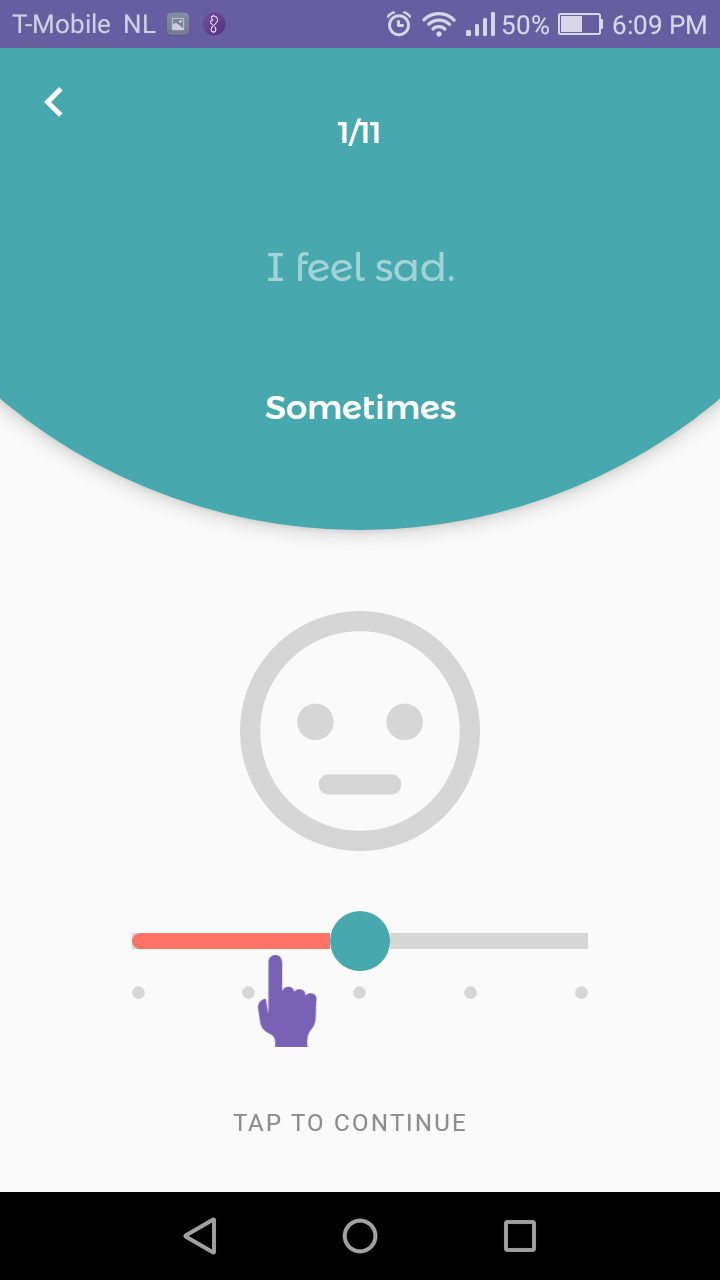

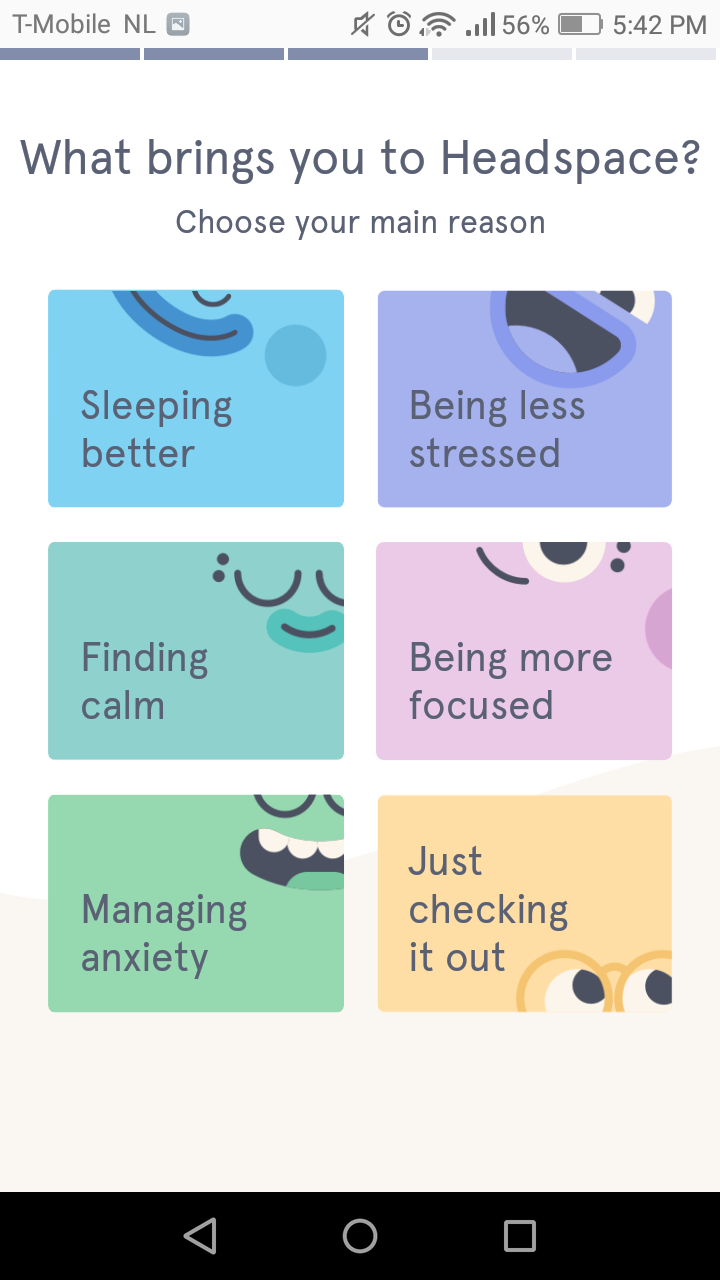
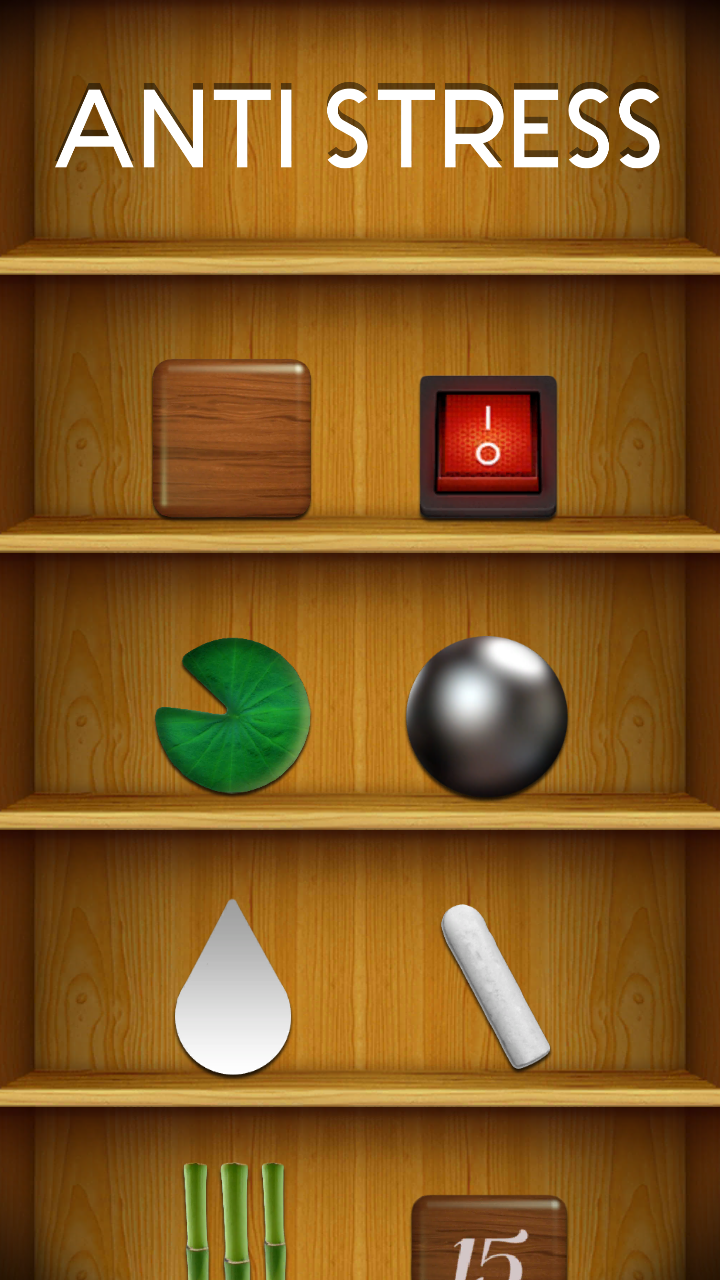
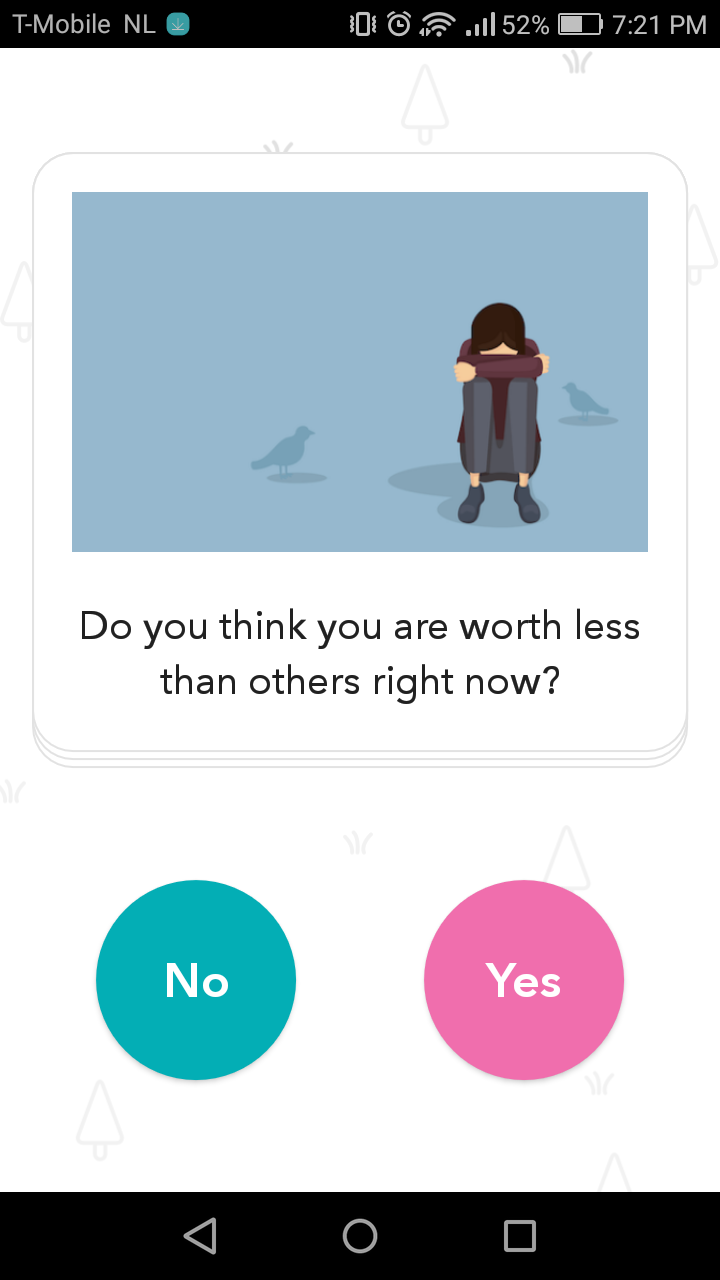
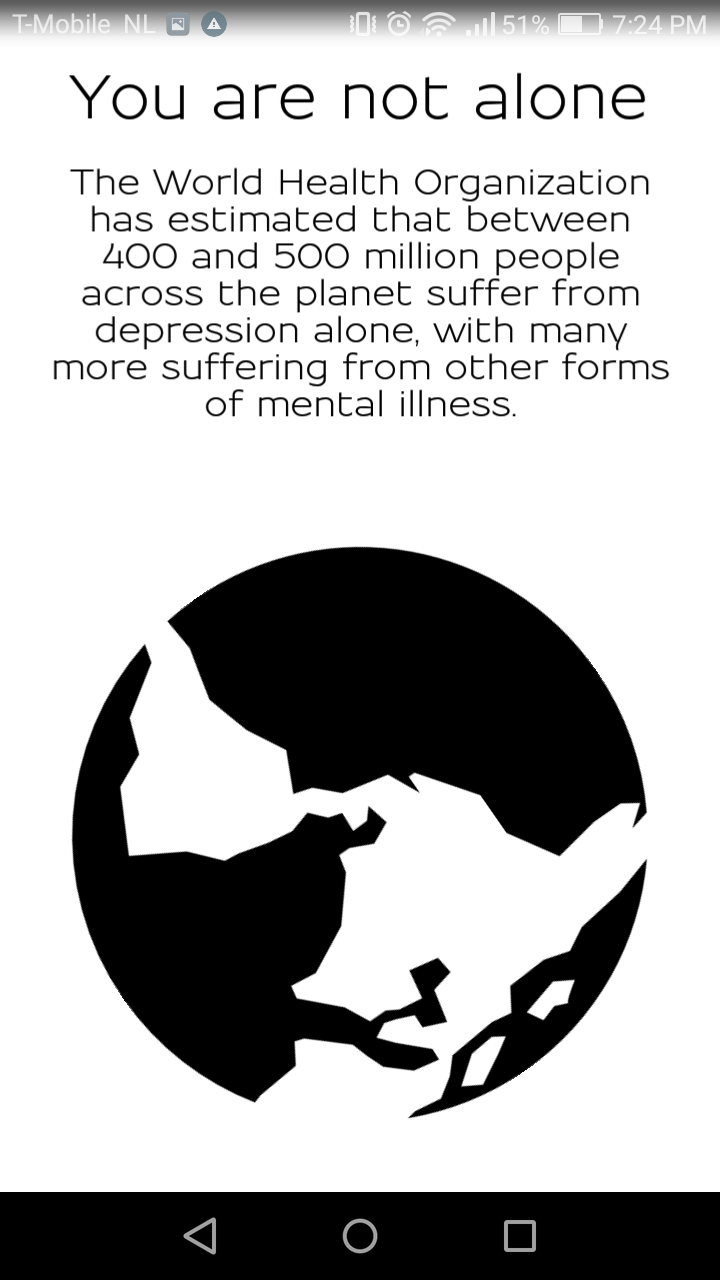
The worst is when you feel everything is falling apart. Particularly when it’s not.
Caterina Di Paolo, Gabriella Pascazio,
April 2020
The interview was initially published on Progetto grafico 33 “Work”.
An interview/discussion on existential precarity
By Caterina Di Paolo to Gabriella Pascazio
During the initial stage of this issue of Progetto Grafico on the subject of work, a topic emerged which the entire editorial staff decided it would be interesting to investigate – the psychological consequences of creative freelance work.
To spare my article from undue weightiness, a feature that often seems to accompany the subject of interiority, I had initially planned a humorous piece – a sort of daily psychopathology of creative work, full of twitches and compulsive and complex repetitions. I got in touch with Gestalt psychotherapist Gabriella Pascazio, imagining a light-hearted chat about the matters we freelancers face every day. With a certain confidence, I was already anticipating my piece and its tone, taking control without even realizing it.
Our discussion was fruitful, interesting and profound, but it also brought to light some issues that I, as a professional, was the first to have perhaps neglected on a personal level. It’s been some time since that discussion, and now I’m wrapping up my article, I’m wondering whether the use of humor at all costs – as I had decided initially – might not be a way of avoiding something that scares us, as, for example, David Foster Wallace (a reference point for so many of us) already pointed out before I did.
In Noi e Max Fisher contro il mondo (Us and Max Fisher against the world), an article by Christian Raimo which appeared in online cultural magazine minima & moralia last January, Raimo links Fisher’s arguments in Capitalist realism to a comment by Christian Marazzi. The scholar underlines how today we talk about ourselves using a sort of bipolarism – manic anxiety and dysphoria – observing that this is in some way linked to pressure from the society we live in. If we describe our happiness as always total and our sorrows as insurmountable anxieties and anguish, we fail to realize that these exaggerations prevent us from codifying what we feel and therefore from taking a critical stance with respect to the world. We have been robbed of the words to say what cannot be said – what we feel, those horrid emotions. You will be wondering where the connection between what we feel and the world of work is – well, this and some other key points will emerge as I proceed. It may not make you laugh, but it could be useful.
The ability to conquer
CDP: “Dear Gabriella, first of all thank you for agreeing to be interviewed. The question of freelance work is interesting to graphic designers because very often – by choice or in spite of themselves – freelance is what they are, for better or for worse. For example, on the one hand we are all rather informal and friendly among colleagues, but on the other hand there is sometimes the feeling that your colleagues might occupy your territory; there is a silent but incessant competition.”
G: “I don’t think a sense of territory is peculiar to creative work, but to freelancers in general. In fact, it is precisely one of its complications because it can be both positive and negative: the ability to conquer territory can be the ace up the sleeve but it also carries with it the risk of complete precariousness.
Many people complain their boss is an asshole, but as mediocre as that boss may be, he or she takes a load of responsibility off your shoulders. This has to do with territory since it is the boss’s job to explore and conquer territory. If you are a freelancer, you do it. There’s nobody to cover your back, but nobody to impose rules on you either. When you are a freelancer, every action is yours, and above all everything that happens after your decisions is yours.
I have a good number of patients who have lost their jobs and ended up having a range of very different disorders: phobias, depressions … The loss of security can lead to a sort of loss of borders.
You no longer have a fixed territory and when you did have one, you saw it as a cage. Some people lose their bearings when they find themselves without a boss to tell them how far they can go. Reality is the same; it’s your reaction to it that makes it negative or positive.
Why do we put small children in a playpen? Because that’s where they learn to stand up; they know that they can’t go beyond the net. The floor is rubber – if they tumble over, nothing happens to them. If they take steps outside mom is there to take care of them, let them crawl, not let them move away… More or less what happens to children is what happens in life.”
Making decisions
“The ability to make choices is very important and is linked to a business mindset. ‘Do I go left or right?’ It can either be a tragic dilemma or a choice to be made. The mentality of the freelancer is – make the choice, maybe you’ll be wrong, and if that happens you’ll find a solution. On the other hand we can only know if a choice was right after having made it, and over time.
If I make a living independently but am insecure, I will see other freelancers as a threat to my territory. It’s true there is competition, but it is I who choose whether it is going to scare me or not.
I don’t think though that by freelancing you are automatically more at risk psychologically than if you are in employment. People without any great capacity for resilience often can’t take it in employment either. In particular among my patients it seems to me that the most stressed out are bank employees. And this is despite a salary and a permanent position and maybe having worked for twenty years. In the last few years most banks have started incessantly bullying their employees, who are left in a state of constant uncertainty. For example, they are continually being reminded of redundancies and are harassed with impossible demands for efficiency, using the veiled threat of dismissal. This creates the worst situation: living precariously in what seemed like a stable situation.”
The confusion between private and working life
“It must be said, however, that many people are forced to work as freelancers because of the lack of a system that guarantees most workers a contract. Silvio Lorusso, one of the editors at Progetto Grafico, is studying these matters and has coined a great term, entreprecariat, to illustrate this situation of precarious enterprise.”
“It’s a very appropriate and interesting term, and in my opinion not connected just to a political oversight but to a system that exacerbates loneliness. Constructive individualization is created between parent and child when the latter goes their own way in life. We live in a state of perpetual individualization, obsessed with making our own way in the world, and, of course, if fulfillment is only professional, it’s incomplete. Work is all I have: for example, I play the role of a doctor even when I’m at home with my family. In private life there is less and less of a net – people pour everything into their work, much more than in the past. A great many people suffer from dissociative disorders: they are one person in private and another in public. Very often, they are successful professionally but have problems at home because they consume all their energy making sure they shine at work. As I said before, even in workplaces considered safe, employees are constantly driven to perform, to sell, to stand out: bank and mail employees forced to advertise and sell products in addition to doing the job they are trained for, for example.
The precariousness is not so much in expectation of earnings or in how long we’ll work, but due to the fact that we unconsciously transfer certain fears to the workplace, because the two levels are completely unbalanced in a lot of people’s lives. Otherwise, how can we explain why within the same working environment some people live perfectly peacefully while others with the same job do not?
Many of the patients who come to me do so after going to a mental health center, when the situation is already very serious. Many are victims of precarious employment, but we have to make a distinction between working and personal precarity. There are people who hold back because they are afraid, and these fears are not to do with your work, but with who you are and the moment in your life when someone forced you to internalize that beyond a certain point you simply couldn’t go. It’s the question of the playpen I was talking about before: if a person is incapable of moving, it’s because they have a castrating parent behind them; it’s not just society that does not help them.”
“Something happened a while ago that shocked me. A young graphic designer from Friuli committed suicide, leaving a note in which he attributed the reason to work problems. His family decided to make the note public.
I was horrified by how – written in a moment of obvious delirium – it was published by various newspapers without adding any context or word of caution. And many people who shared it did the same, simply commenting that it’s impossible to work nowadays, that the young don’t stand a chance, etc. … So with no critical detachment from the final note written by a suicide, and taking as true the things he said in a moment of utmost despair.”
“But you see how, defining him a young Friulian graphic designer, without realizing it you too put him within the context that he made for himself, the one the newspapers and the public then accepted. He was a young graphic designer, but not only: he was a young man; a person.
As a psychologist, I assume that a suicide is never linked to external reasons alone. But I’m always rather surprised how for a lot of people this isn’t clear, and you don’t need such an extreme event. More and more often, I talk with patients who find it difficult to understand that they have a degree of responsibility for the things they do, that in every event that concerns them, they and their inner reaction are involved as well. If this is missing, if I do not understand that not only things but also, and above all, my reaction to things are an integral part of my life, then work can become the reason for committing suicide.
Let’s go back to individualization. Parents are absent and there are no siblings, since we tend to have families of three. There are houses with three people and three TVs, each in different rooms.
When there is a lack of dialogue there is no comparison. I might be unhappy for various reasons including work and my own personal stuff, and I keep it all to myself. I think I’m deciding, but decisions made out of despair are never a choice. If I don’t communicate, a delirium starts building up inside me.
Delirium is an image of distorted reality that a person outside the delirium is unable to share because they would see it as without any basis of reality. The person with delirium, instead, mistakes delirium for reality. Research and clinical experience, however, teach us that to get to a point of living in a delirious reality takes a good while: a delusional person, unfortunately, has numerous failings behind them and no capacity for resilience.
Entering the world of work always has a strong impact. For a very fragile person it is worse, like entering the wolf’s lair. There are three alternatives: either you become a wolf yourself, that is you get ready to suffer, or you let yourself get eaten. Or, if you can, you escape, and strengthen your delirious reality.
A former patient of mine complained: ‘I’m thirty-five, I have three degrees and I can’t find a job’. Leaving aside all the objective difficulties of the present, in Gestalt psychotherapy when you say, ‘I cannot’ you mean ‘I don’t want to’.
‘My colleague’s given me a nervous breakdown!’, ‘It’s my boss’s fault I’m depressed! ’… A lot of people come to me with cases where they always stress the external input, never considering their own reaction. In these cases personal responsibility never appears. Very often patients come to me until the negative phase is over, as if an inner discomfort were a passing annoyance; then at the next disappointment they’re back. The fault is always outside them, never inside. Until you recognize an inner responsibility, you can’t resolve anything.
Do you think the many people who shared the suicide’s note, perhaps adding a poor thing and jumping at the chance to jot down a couple of complaints about work, felt any real compassion for him?”
Angst
“When we talk about work, we often link it to anxiety. Yesterday I registered to pay self-employment tax and it’s making me real anxious. For example I thought, ‘Now I exist in the eyes of the tax authorities, I can’t escape’.”
“Watch your words: why are you talking about anxiety? Misuse of terminology often makes the symptoms worse.
Sometimes young people come to me saying, ‘I’m super-anxious’, ‘I’m super-sad’, ‘I’m super-anguished’. Actually, when you dig deep it turns out they are scared and nervous, much easier to manage than anxiety and anguish. And often when I say: ‘This is not called anxiety but fear’, they are relieved because they are aware of what is happening.
This is a very important detail.
If I took this glass and said ‘Here’s a pot’, put water and pasta in it and put it on the stove, the glass would break. It may seem like a stupid example, but this is how the construction of delirium works: a person calls something by the wrong name, and when this something breaks, everything explodes.
What is anxiety? If you had felt anxiety at your accountant’s yesterday, you would have been powerless to move, you would have turned pale, they would have had to try to reassure you, you wouldn’t have been able to breathe. I don’t think this happened. It is important to describe our reactions to things accurately, because if we fail to do so we’ll stray from the facts.
Gestalt is the therapy of awareness: if this is a glass, it is a glass. It’s not a pot. Take it for what it is, and act accordingly.
When I went freelance, there were a great many comments: ‘It’ll be more difficult now. You will be the boss and the worker. You’ll have to be well organized …’. If a person who is unable to face their responsibilities receives similar comments, they’ll flip their lid, even if they are talented. If they cannot stand firm on their own two feet and face up to their responsibilities, they won’t get ahead. This is the real precarity.”
The feeling that everything is falling apart
“The worst thing is feeling that everything is falling apart when in fact it isn’t. Make some decisions, because you can make them. And if you can’t? Never mind. You tried. But the fact that you’ve made this decision means everything is not falling apart. The farmer sows for the harvest, then if it goes badly he’ll change crops.
When I gave up my facilitated tax regime, colleagues and my accountant went crazy: ‘Don’t get caught up in the regular regime, you’ll have to start paying taxes there’. Meaning, abandoning the facilitated scheme you’ll have to pay income tax. But the idea of the facilitated regime is that it helps you to set up and consolidate a business. This is something people have lost sight of. I know of people who spend years using the facilitated system then, when they are no longer eligible, they close down. But if I open a business and it’s doing well, why should I have to close it? I also know people who have a lot of work but who are careful not to go over the ceiling of the flat-rate scheme. They refuse offers of work and then complain they can’t make it. But who got you into that situation in the first place? The state or you? We are talking about a paradox that becomes a general opinion.
We’ve discussed creativity, planning, ability to claim territory, reality and delirium. So now we can say with a certain confidence that creativity is not deciding to go to the moon by bicycle and then complaining that you didn’t make it. For creativity and planning to function successfully, they have to be based on good self-knowledge. All decisions start with us and our reactions. Something I find typical and to be expected may not be so to someone who does not have the inner strength to face up to it.”
Note: